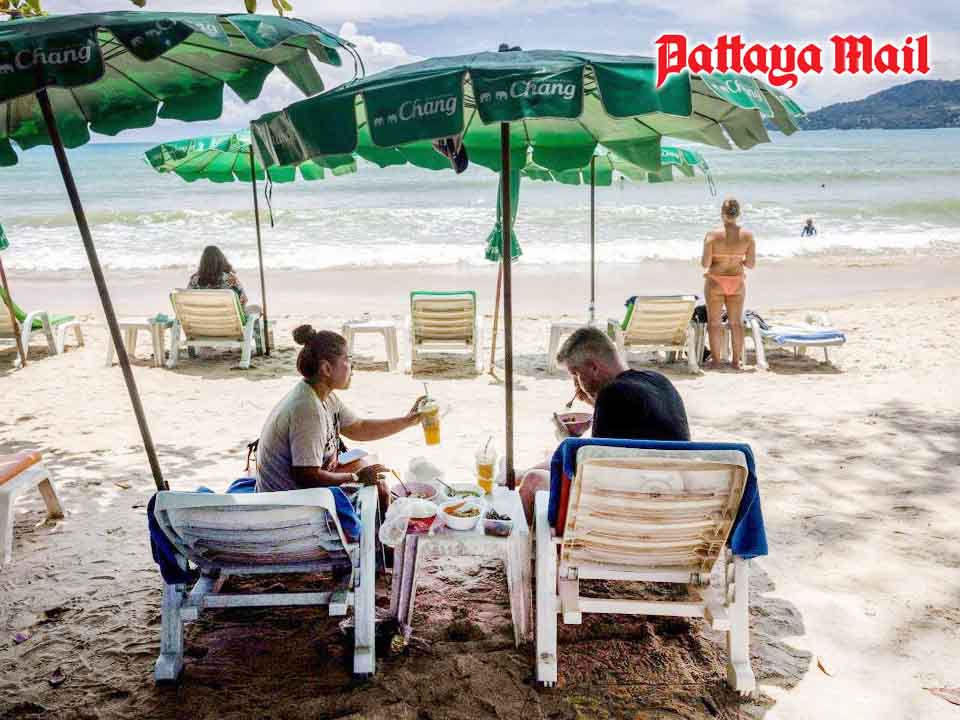
The government’s recent announcement of long term residency, or LTR visas for retirees aged at least 50, adds yet another layer of complexity to an already overcrowded field. In exchange for a 10 year visa (actually 5×2) and the privilege of avoiding the queues at immigration for the 90 days report, applicants must show an annual income of at least US$40,000 plus US$250,000 in government bonds or yet-to-be-defined real estate purchase.
A 10 year retiree visa in fact dates back to 2016 when the O/X visa was introduced. This required an ongoing investment of 3 million baht (US$100,000) and was designed to accommodate expat families as well as individuals. Few applications appear to have been made as the bureaucracy was cumbersome – a police clearance certificate in the home country, ongoing hospitalization insurance and regular bank account checks were examples – whilst it was unclear who exactly were the target groups. It still exists on paper.
Going back further, the Elite visa introduced in 2003 and revamped several times in recent years, offers multi-entry stays in Thailand for between 5 and 20 years. Cash purchases currently vary from 600,000 baht (US$20,000) to over two million baht. This visa has always been available to retirees as well as any adult from any country worldwide. The total number is now around 16,000 individuals with the growth market in China where rich citizens like the flexibility of coming and going. Whilst a work permit is technically required for those doing business here, that aspect has always been soft-pedaled.
Other options for retirees include the one year O/A visa available from Thai embassies since 2018, but requiring comprehensive medical insurance from day one and for subsequent annual extensions of stay. The floor has recently been raised to US$100,000, requiring cover for both Covid and non-Covid illnesses, with an introduction from October 2022. However, some embassies seem already to have introduced the requirement. A recent concession is that extensions of stay at immigration can now use foreign-based insurance policies.
The cheapest option is the non-immigrant O three-months visa available from some embassies or from immigration offices in Thailand. Once granted, this permit can be turned into an annual extension of stay without any kind of insurance. The well-known cash requirement is 800,000 baht (US$25,000) in a Thai bank or regular monthly income to that amount. Immigration offices vary in the discretion they allow concerning documentation and verification of cash details.
Additionally, expat retirees lurk under other visa headings. Those married heterosexually can apply for an annual O-category spouse visa with cash in the bank a remarkably low 400,000 baht or 40,000 baht monthly income. However, this visa requires many more documents than the retiree equivalent. There are also retirees in the permanent residency category: those with a red police book without any end-date visa in their passport. How the latest LTR (10 year long term residency) announcement fits into the complex jigsaw of retirement possibilities is far from obvious. How many ageing millionaires are there out there to fill Thailand’s beaches?
 |
 |
 |





